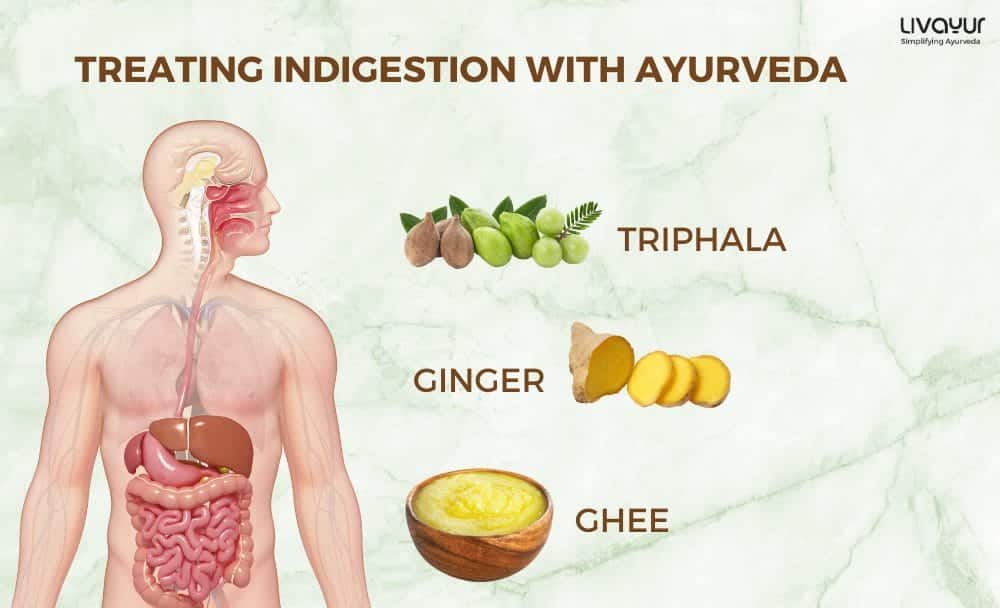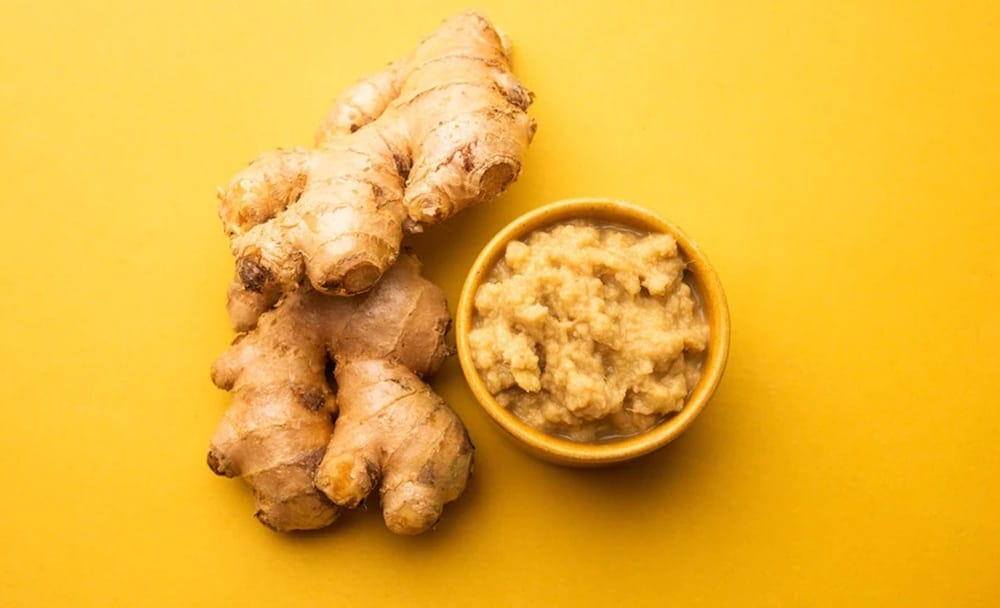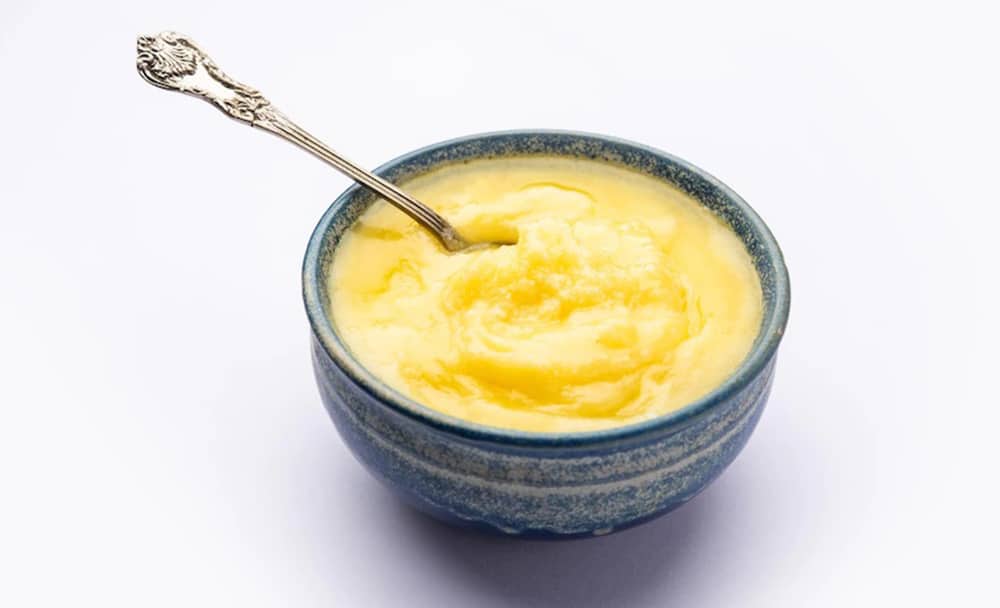If the right components of a healthy diet aren’t in place, your body will experience problems further down the line. What you put into your body and how you stress or nurture your digestive system eventually reflects in your health. According to Ayurveda, people who do not follow some fundamental dietary guidelines and consume food without self-control often tend to become victims of Badhazmi (indigestion).
Indigestion is a common ailment that presents itself in various forms, including heartburn, stomach aches, flatulence, constipation, and sudden change in appetite. Not only are these conditions uncomfortable, but leaving them untreated is harmful to your overall health as your nutrition becomes compromised.
In this article, we look at various Ayurvedic treatments and how they can be used to treat indigestion.
Natural Ayurvedic Remedies to Treat Indigestion
Kutki
Kutki is a popular herb in the Ayurvedic system. It owes its name to its bitter pungent taste. The herb supports healthy bile flow and decongests the bile and liver ducts. Extracts of Kutki are also said to enhance healing of gastric ulcers.
Take 2-3 teaspoons of Kutki Ras (the juice of Kutki), mix with water and drink it before taking food once or twice a day to get quick relief from digestive problems.
Triphala
Triphala is an Ayurvedic herbal formula composed of three fruits (Haritaki, Bibhitaki and Amalaki). Together they help tone and strengthen your digestive tract, encouraging regular and complete evacuation of the bowels. The polyherbal formula also helps increase digestion, absorption and assimilation of nutrients from the food you consume. According to studies, Triphala stimulates appetite and reduces gastric acid in addition to acting as a powerful natural laxative.
At night, before going to bed, steep ½ to 1 teaspoon triphala in a cup of boiling hot water for 5 to 10 minutes, then drink it to get relief from gastrointestinal problems like bloating, flatulence, and constipation.
Ginger
Ginger holds an important place in Ayurveda because of its many wonderful properties. Ginger is a digestive aid that promotes the production of digestive enzymes in your stomach – it enkindles the Agni (digestive fire) and ensures that the food you consume is fully digested. Enzymes in ginger help the body break up and expel gas formed in the intestinal system. Ginger also helps facilitate movement of food along the digestive tract, preventing constipation.
Ayurveda recommends eating a one-inch piece of fresh ginger with a few drops of lemon juice and a few pinches of salt on it before meals to aid digestion. Alternatively, grate some fresh ginger root until you have about 1 teaspoon of pulp and add 1 teaspoon of lime juice. Take this mixture immediately after eating for relief from gastrointestinal troubles.
Asafoetida
Asafoetida or Hing, is a pungent spice widely available in Indian grocery shops. Asafoetida is good for digestion and cleansing of the digestive tract, and dispels gas and improves intestinal flora. It is useful for cramps, flatulence and constipation.
Mix about 5 grams of asafoetida with a glass of hot water. Add a teaspoonful of sugar to improve the taste. This will rapidly relieve your system of flatulence and help in relieving indigestion. To eliminate the gas-producing effect of beans and other similar foods, cook them with a very small pinch of asafoetida.
Ghee
Ghee is cow’s butter with the milk solids and water content removed and is a very pure food. It aids digestion, strengthens the body, increases energy levels, improves memory and brain functioning and increases longevity. Being a rich source of butyric acid, Ghee helps in supporting the health of your intestinal walls.
Drink warm milk with Ghee in it before retiring to bed to lubricate the gastrointestinal tract and ease bowel movements, thereby relieving indigestion and constipation.
The Takeaway
Ayurveda provides simple solutions to everyday digestive problems such as gas, bloating, stomach pain, constipation, and heartburn and also recommends a number of safeguards to prevent such problems from developing in the first place. This can be done by following certain habits such as not eating unless hungry, not eating out of boredom, avoiding snacking, having a set routine when it comes to mealtimes, avoiding cold drinks, chewing your food well, and so on. Prevention is always better than a cure, so these measures should be incorporated by every Ayurvedic practitioner.






















